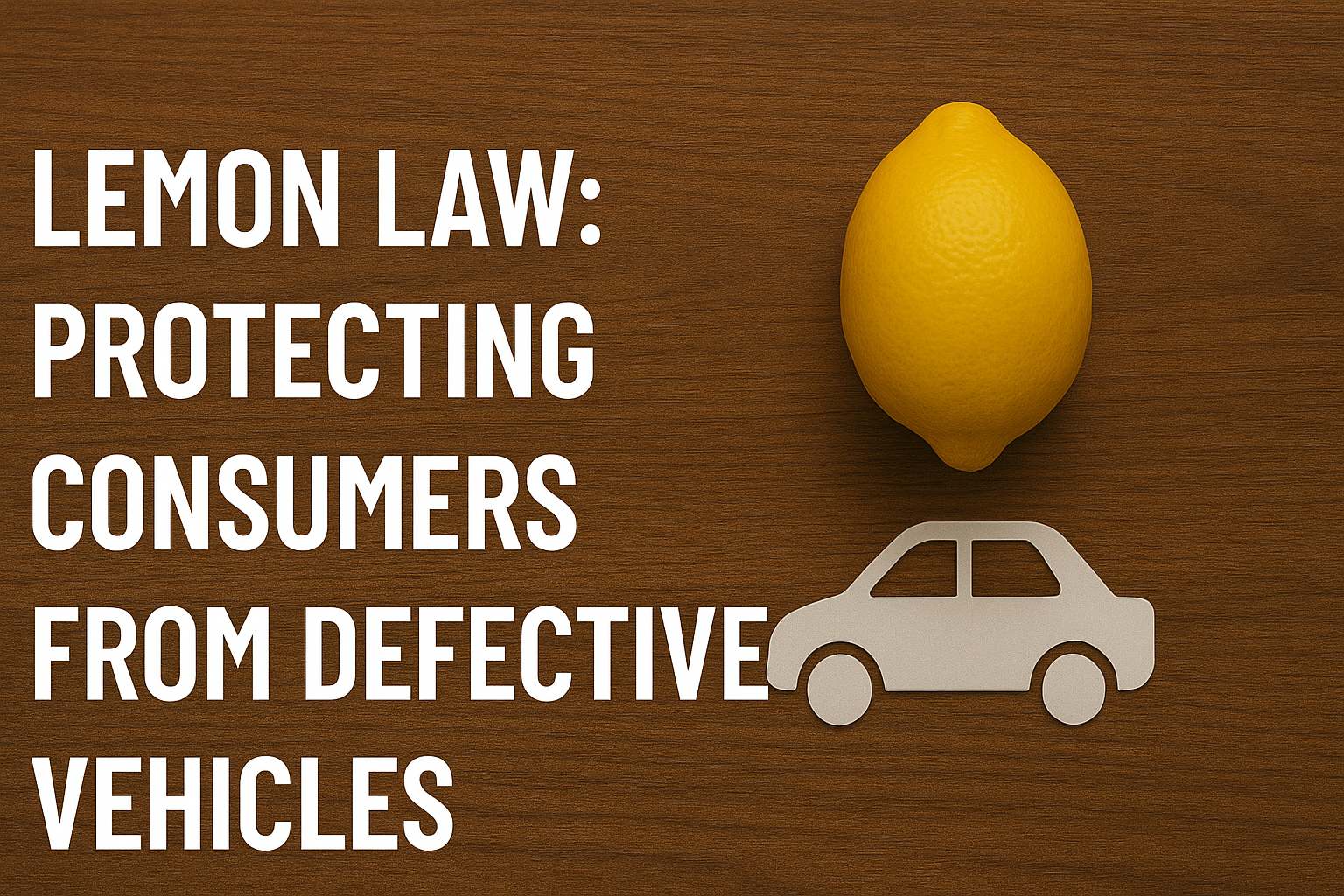On this page you will read detailed information about Fair Debt Collection Practices Act.
Are you being hounded by debt collectors? You’re not alone. Millions of Americans struggle with debt, and many face aggressive collection tactics. But did you know there are laws protecting you from unfair practices? The Fair Debt Collection Practices Act (FDCPA) establishes clear rules for how debt collectors can interact with you. Understanding your rights under this important legislation can help you navigate the challenges of debt collection with confidence. In this article, you’ll learn the key provisions of the FDCPA, common violations to watch out for, and steps you can take if a debt collector crosses the line. Empower yourself with knowledge to stand up for your rights.
What is the Fair Debt Collection Practices Act?
The Fair Debt Collection Practices Act (FDCPA) is a federal law designed to protect consumers from abusive, deceptive, and unfair debt collection practices. Enacted in 1977, this legislation sets clear guidelines for how third-party debt collectors can communicate with consumers and outlines specific prohibited behaviors.
Key Provisions
The Fair Debt Collection Practices Act establishes several important protections:
- Time restrictions: Debt collectors are prohibited from contacting consumers at inconvenient times, such as before 8 AM or after 9 PM, unless explicitly agreed upon.
- Communication limits: The FDCPA restricts excessive phone calls and allows consumers to request that debt collectors cease all communication.
- Disclosure requirements: Collectors must provide a “validation notice” detailing the debt and consumer rights within five days of initial contact.
Prohibited Practices
Under the Fair Debt Collection Practices Act, debt collectors are strictly forbidden from:
- Using threats, harassment, or abusive language
- Providing false or misleading information about the debt
- Contacting consumers at their workplace if such communication is prohibited by the employer
Consumer Rights
The FDCPA empowers consumers with specific rights, including the ability to dispute debts and request verification. If a violation occurs, consumers can take legal action within one year, potentially recovering damages and attorney’s fees.
By understanding the Fair Debt Collection Practices Act, you can better protect yourself from unfair collection practices and ensure your rights are respected throughout the debt collection process.
Key Protections Under the Fair Debt Collection Practices Act
The Fair Debt Collection Practices Act (FDCPA) is a crucial federal law that safeguards consumers from abusive debt collection practices. This legislation outlines several key protections that every consumer should be aware of when dealing with debt collectors.
Communication Restrictions
Under the FDCPA, debt collectors are prohibited from contacting you at inconvenient times or places. According to the Consumer Financial Protection Bureau, this generally means no calls before 8 a.m. or after 9 p.m., unless you agree otherwise. Additionally, if you inform a debt collector that you’re represented by an attorney regarding the debt, they must cease direct communication with you.
Harassment and Abuse Prevention
The Fair Debt Collection Practices Act strictly forbids debt collectors from using harassing, abusive, or unfair practices. This includes prohibitions on using obscene language, making threats of violence, or repeatedly calling to annoy you. Debt collectors are also barred from making false or misleading representations about the debt or their identity.
Right to Debt Verification
One of the most important protections under the FDCPA is your right to request debt validation. Within five days of initial contact, a debt collector must provide you with a written notice detailing the amount owed, the creditor’s name, and your right to dispute the debt within 30 days. If you request verification, the collector must pause collection efforts until they provide proof of the debt.
Understanding Your Rights as a Debtor
The Fair Debt Collection Practices Act (FDCPA) is a crucial piece of legislation that protects consumers from unfair and abusive debt collection practices. As a debtor, it’s essential to understand your rights under this act to ensure you’re treated fairly and legally.
Right to Debt Validation
Under the FDCPA, you have the right to request debt validation within 30 days of initial contact from a debt collector. This means the collector must provide proof that the debt is valid and that they have the right to collect it. During this validation period, collection efforts must pause until the debt is verified.
Protection from Harassment
The FDCPA strictly prohibits debt collectors from using harassment, threats, or abusive language. This includes:
- Repetitive or aggressive phone calls
- Threats of violence or legal action
- Use of obscene or profane language
If you experience such behavior, you have the right to report it to the Federal Trade Commission (FTC).
Communication Limitations
You can demand that debt collectors stop contacting you, except for specific legal actions they intend to take. Additionally, collectors are limited in how often they can call you – no more than seven times in seven days for a particular debt.
Understanding these rights empowers you to navigate debt collection processes more confidently and protect yourself from unfair practices.
What to Do if a Debt Collector Violates the Fair Debt Collection Practices Act
If you believe a debt collector has violated the Fair Debt Collection Practices Act (FDCPA), you have several options to address the situation and protect your rights.
Document the Violation
First, it’s crucial to keep detailed records of all communications with the debt collector. This documentation can be invaluable if you need to dispute the debt, consult with a lawyer, or take legal action.
File a Complaint
You can report FDCPA violations to several government agencies:
- The Federal Trade Commission (FTC)
- The Consumer Financial Protection Bureau (CFPB)
- Your state Attorney General’s office
These agencies can investigate your complaint and may take action against the debt collector.
Consider Legal Action
If the violation is serious, you may want to consider legal action. The FDCPA allows consumers to sue debt collectors for violations, potentially recovering up to $1,000 in statutory damages, plus additional compensation for any actual harm caused. Remember, lawsuits must be filed within one year of the offense.
Use as Leverage in Negotiations
Alternatively, you can use the FDCPA violation as leverage in debt settlement negotiations. The threat of a costly lawsuit may motivate the collector to settle on more favorable terms.
Remember, the Fair Debt Collection Practices Act is designed to protect consumers from abusive practices. Don’t hesitate to assert your rights if you believe they’ve been violated.
Hiring a Lawyer to Enforce the Fair Debt Collection Practices Act
When facing debt collection issues, hiring an attorney experienced in the Fair Debt Collection Practices Act (FDCPA) can be crucial for protecting your rights. A knowledgeable lawyer can help you navigate the complexities of debt collection laws and ensure fair treatment.
Benefits of Legal Representation
An FDCPA lawyer can evaluate your case, identify violations, and take action to stop harassment and unfair practices. They can negotiate settlements to reduce your debt burden, dispute inaccurate debts, and pursue damages for emotional distress or financial harm caused by illegal collection tactics. Having legal representation significantly improves your chances of achieving a favorable outcome.
Finding the Right Attorney
To find a qualified FDCPA lawyer:
- Contact your local bar association for referrals
- Consult legal aid programs if you have limited income
- Ask for recommendations from people you trust
When interviewing potential attorneys, inquire about their experience with consumer law and FDCPA cases. Many FDCPA lawyers work on a contingency fee basis, meaning they only get paid if they successfully negotiate savings or compensation for you. This makes their services more accessible to those dealing with debt issues.
Remember, the Fair Debt Collection Practices Act is designed to protect consumers from abusive practices. By working with a skilled attorney, you can assert your rights and find practical solutions to address your debt challenges.
Conclusion
In conclusion, understanding your rights under the Fair Debt Collection Practices Act is crucial for protecting yourself from unfair or abusive debt collection practices. By familiarizing yourself with the law’s provisions, you can confidently navigate interactions with debt collectors and take appropriate action if violations occur. Remember that you have the power to dispute debts, request verification, and demand that collectors cease contact. Stay vigilant, keep thorough records, and don’t hesitate to file complaints with the appropriate authorities if needed. With knowledge of the FDCPA as your shield, you can face debt collection situations with greater peace of mind and maintain control of your financial future.
Disclaimer
The information and services on this website are not intended to and shall not be used as legal advice. You should consult a Legal Professional for any legal or solicited advice. While we have good faith and our own independent research to every information listed on the website and do our best to ensure that the data provided is accurate. However, we do not guarantee the information provided is accurate and make no representation or warranty of any kind, express or implied, regarding the accuracy, adequacy, validity, reliability, availability, or completeness of any information on the Site. UNDER NO CIRCUMSTANCES SHALL WE HAVE ANY LIABILITY TO YOU FOR ANY LOSS OR DAMAGE OF ANY KIND INCURRED AS A RESULT OR RELIANCE ON ANY INFORMATION PROVIDED ON THE SITE. YOUR USE OF THE SITE AND YOUR RELIANCE ON ANY INFORMATION ON THE SITE IS SOLELY AT YOUR OWN RISK. Comments on this website are the sole responsibility of their writers so the accuracy, completeness, veracity, honesty, factuality and politeness of comments are not guaranteed.
So friends, today we talked about Fair Debt Collection Practices Act, hope you liked our post.
If you liked the information about Fair Debt Collection Practices Act, then definitely share this article with your friends.








